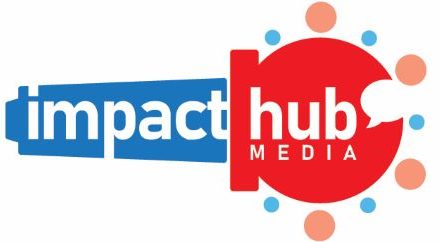Keeping flying toilets out of slums

Keeping flying toilets out of slums
By Lilian Kaivilu
In Kenya’s informal settlements, 8 million people lack proper sanitation facilities and as a result, ‘flying toilets’ are common here, posing a health risk. Edith Karimi, Communications Officer at Sanergy, a social enterprise that safely collects and removes waste from the community, talks about their mitigation measures on sanitation.
Tell us about Sanergy
We are a Nairobi-based social enterprise dedicated to building healthy, prosperous communities by making hygienic sanitation affordable and accessible throughout Africa’s informal settlements.
How does your sanitation model work?
We design high-quality, low-cost sanitation centers known as fresh life toilets. The urine-diverting squat plate and cartridge-based collection system allow for safe and environmentally friendly waste collection.
How do you involve the slum residents in this programme?

We franchise the fresh life toilets throughout the slums to local micro-entrepreneurs referred to as fresh life operators. These operators run the toilets as viable businesses. In addition, to serve a wider range of residents, we work with plot owners and community institutions such as schools to provide fresh life toilets as a value-added service. In addition, we offer business training, to access to finance and aspirational marketing to the fresh life operators. We hold edutainment events to impart to residents the importance of good hygiene.
Tell us about the waste collection process
On a regular basis, Sanergy collects the waste from each fresh life toilet and safely transports the waste from the community to our central waste processing facility. We then convert this waste into salable by-products like organic fertiliser and animal feed.
How many people are you currently reaching?
We currently have 749 fresh life toilets serving over 33, 000 users every day with hygienic sanitation. We have safely removed over 6,200 metric tons of waste form the community. In the process we have created over 750 jobs.
Sanitation is a great challenge, how have you handled the case in Mukuru?
One of the challenges when starting any business is capital. Through Kiva, an online micro-lending platform, we are able to provide our fresh life operators with financial support. Fresh life operators are eligible to receive interest-free loans from Kiva, financed by lenders from around the world, which they then use to purchase their fresh life toilets. Land ownership in the informal settlements is another challenge. We work with the government to ensure that operators fulfill all the legalities required to operate their businesses.
Tell us about any awards that you have won so far
We have won awards such as the 2014 Nestle Creating Shared Value prize and the Sarphati Sanitation Award.
How much did it cost you to start and who are your donors and partner?
Sanergy received start-up capital by winning the MIT100K business plan competition in 2011. We continue to receive support from various development partners, impact investors, and family foundations who strongly believe in our work. We also partner with leaders and the Government of Kenya to ensure that communities in the informal settlements have adequate and dignified sanitation.
How are you involving the community to take charge of their sanitation?
Potential fresh life operators receive business training to help them run successful businesses, where they learn critical skills, like bookkeeping, demand generation, and customer service. In addition, we train teachers in local schools to teach the importance of proper hygiene practices, such as hand washing with soap and clean water


